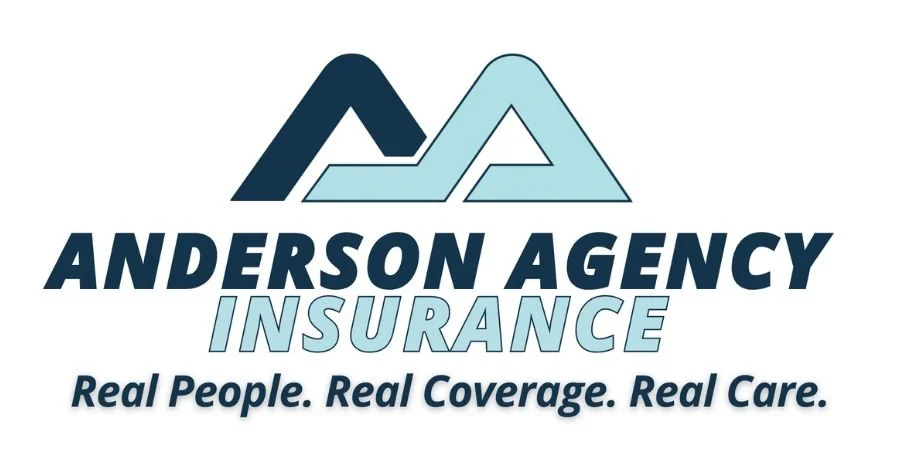Navigating Florida's Hurricane Season: How to Prepare Your Home and Insurance Coverage
Florida's hurricane season is upon us, and as homeowners, it's crucial to ensure that you're fully prepared. With the unpredictability of these storms, having the right protection for your property and family is essential. In this blog, we’ll share practical tips on how to safeguard your home, review your insurance coverage, and take proactive steps before the next storm hits.
1. Review Your Homeowners Insurance
Your standard homeowners insurance may not be enough to fully protect you during hurricane season. Review your policy to ensure it covers all aspects of storm damage, including wind, rain, and flooding.
Wind and Storm Surge Coverage: Ensure that your homeowners policy includes coverage for wind and storm surge damage. In many cases, windstorm damage may be a separate policy or rider, so double-check with your local insurance agent to confirm you’re covered.
Flood Insurance: Flooding is one of the most significant risks during a hurricane, yet many homeowners are unaware that flood damage is typically not covered by standard homeowners insurance. Flood insurance is vital for comprehensive protection, especially if you live in a flood-prone area such as Jacksonville Beach or Nocatee. Keep in mind that flood insurance often has a 30-day waiting period before it becomes effective, so don’t wait until the storm is near to purchase or update your policy.
Personal Property Protection: Make sure your personal property is adequately covered, especially valuable items like electronics, furniture, and heirlooms. You may need to consider a rider or endorsement to protect items that are more susceptible to damage.
2. Create a Hurricane Preparedness Plan
Storms can strike with little warning, so it’s important to have a plan in place:
Emergency Kit: Assemble an emergency kit with essentials like water, non-perishable food, batteries, flashlights, a first-aid kit, and necessary medications.
Evacuation Plan: Know your evacuation routes and identify safe places to shelter in case of an emergency. Include your pets in the plan and have everything you need for them as well.
Protect Your Property: Install storm shutters or plywood over windows to minimize damage from flying debris. Trim trees and bushes around your home to reduce the risk of them falling on your property. Consider installing impact-resistant doors and windows if your home is in a high-risk area, like in Ponte Vedra or Jacksonville Beach.
3. Document Your Property
Before a storm arrives, take photos and videos of the interior and exterior of your home, including any valuables. This documentation will serve as vital evidence if you need to file a claim for storm damage. Be sure to store this information in a safe, accessible place, such as a cloud service, to ensure it’s available even if your home is damaged.
4. Check Your Deductibles
Most insurance policies have a separate deductible for hurricane damage. Be sure to know how much you would need to pay out-of-pocket before your insurance coverage kicks in. Some policies may have a percentage-based deductible based on the value of your home, so understanding these terms ahead of time can help you financially prepare.
5. Know the Insurance Coverage Limits
Make sure you're aware of the coverage limits on your policy. You want to ensure that your home and property are covered for their full value, including any major repairs or replacements needed after the storm. If your coverage limits are too low, consider adjusting your policy to avoid being underinsured.
6. Update Your Policy as Necessary
As your life changes, so do your insurance needs. If you've made any improvements to your home—such as a new roof, hurricane-resistant windows, or upgraded appliances—be sure to update your policy to reflect the increased value of your home.
If you've recently acquired valuable possessions, like high-end electronics or collectibles, make sure those are covered as well. Updating your policy regularly ensures that you won’t be caught off guard in the event of damage.
7. Stay Informed and Monitor the Weather
Stay updated on storm forecasts and warnings by signing up for local alerts in your area, including Jacksonville, Ponte Vedra, Nocatee, and Jacksonville Beach. The National Hurricane Center and local news stations are your go-to resources for real-time storm tracking. The sooner you receive a warning, the more time you have to take action and secure your home.
Conclusion
As hurricane season approaches, being prepared is the best way to protect your family and your property. By reviewing your local insurance coverage, preparing your home, and staying informed, you can navigate Florida’s hurricane season with greater peace of mind. Whether you need Ponte Vedra insurance or insurance near me in Jacksonville or Nocatee, make sure you have the right protection in place before the storm hits.
Remember, it's never too early to take action—make sure you have the right coverage and a solid storm plan in place now so you can weather the storm, no matter what it brings.
Stay safe and ready for whatever comes your way this hurricane season!
